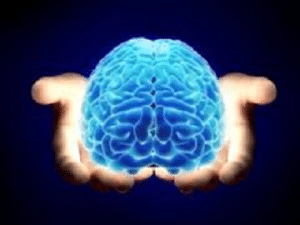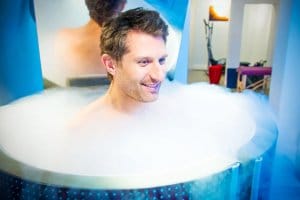Can sleeping on the back lead to Alzheimer’s?
An investigation says so.
The Journal of Alzheimer’s Disease recently published a study that looked at two groups of people:
people with neurodegenerative diseases (Alzheimer’s) and people without. What the study showed is that people who slept more than 2 hours a night on their backs, face up, were more likely to fall into the Alzheimer’s group. In this study, everything was taken into account. Think about things like age, gender and even whether people had sleep apnea.
Although this is not proof that sleeping on your back can lead to Alzheimer’s disease, it does confirm a recent study among animals with similar results. You may remember that I have written before about the combination of sleep and Alzheimer’s and the role that sleep plays in this difficult disease. During phases 3 and 4 of sleep we see that the brain is rid of APOE, a protein that accumulates in the brain and keeps neurons in a hold.
I wouldn’t run to the store right now to buy a new pillow, but if you, or someone around you, is showing symptoms of Alzheimer’s, it’s important to look at the sleeping pattern.





